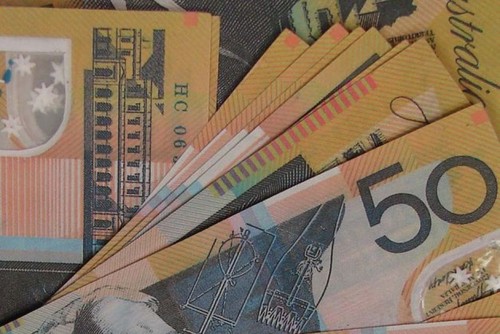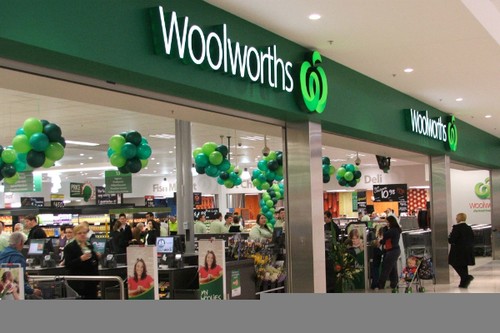Q: Hi Zac, glad to have you here on VOV 24/7’s Cultural Rendezvous. Australians are known for their broad use of local slang, which is sometimes tricky for overseas visitors to understand. Can you try one sentence or phrase that you think foreigners who come to Australia for the first time will by no means understand?
A: Hello, my name’s Zac and I’m Australian.I think one of the more challenging Australian phrases is to “Have a good one”. It’s typically said when you say goodbye. And to most international students or international travellers it is not going to be clear at all what anyone is talking about. They are going to ask “Have a good what?”. That’s what I found a lot of my friends would ask when I said it to them in their early travels.
 50-dollar notes are sometimes called "pineapple" in Australia (Photo: abc.com.au ) 50-dollar notes are sometimes called "pineapple" in Australia (Photo: abc.com.au )
|
Q: What do you think is the major difference between “English” and “Australian”?
A: I think the biggest different between English and Australian is that we put our own spin on it, as much as the same way Americans made their own forms of English. We made it our own way, which reflects our culture. I think everyone is aware of the very iconic “G’day”, which is effectively meant to say “Have a good day”. There’s a lot of other Australian slangs like “Going bananas”, which is effectively saying “to go crazy”, saying something is chockers which effectively means “You bag is full”, which is pretty funny.
Q: What do they say about Australian culture?
A: I think it’s one of the most indicative things about Australian culture and I think that’s something that is hugely reflective of the fact that we want or we have culture that is really laid back. And a culture that doesn’t want you to stress too much.
Q: I’m aware that Australians have the habit of shortening words, which sometimes makes it hard for new people to understand. What are they?
A: I agree with that, for example: “Have a good one” which is effectively to say “Have a good day” or “Have a good afternoon”, another shortening of G’day and many other phrases which effectively exclusively there to shorten a phrase or a word. Or “How’s it going?”, which takes almost all the identifying words away. Another example is when we shorten the names of places. Wollies is a short form to call the store Woolworths, which is a big supermarket.

The original of Woolies (Photo: bay939.com.au )
|
Q: Are there any rules in shortening words?
A: We don’t really have any rules in shortening words. Most of the slangs were taught to younger people by their parents and simply absorbed like any other languages. I’m confident that younger people will have their own slangs.
Q: Oh yes, I’m curious to figure out whether it’s a popular thing for Australian youngsters to use slangs in everyday conversation.
A: They love them. When I was a younger man, we absolutely had our own slangs that our parents, our families didn’t use. I’m confident that the youth today also have that sort of slang. A real example is that people under 25 will typically call a cigarrete a dart but no one over the age of 25 will ever use that kind of slang. Another example is that younger Australians are more likely to call 50-dollar note “pineapple” due to the yellow colour.
Q: Thank you Zac for spending time with us.
A: It was my pleasure.